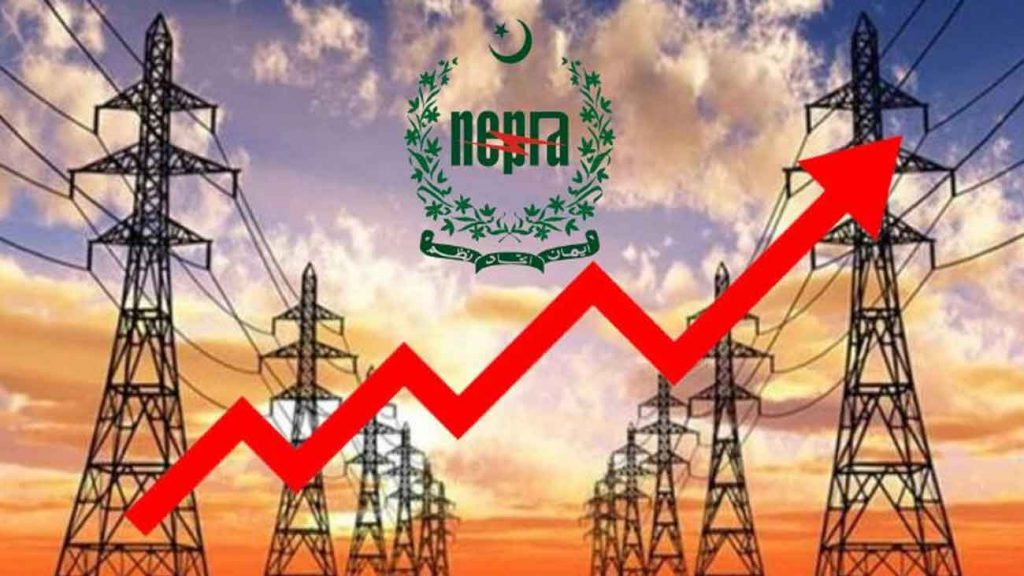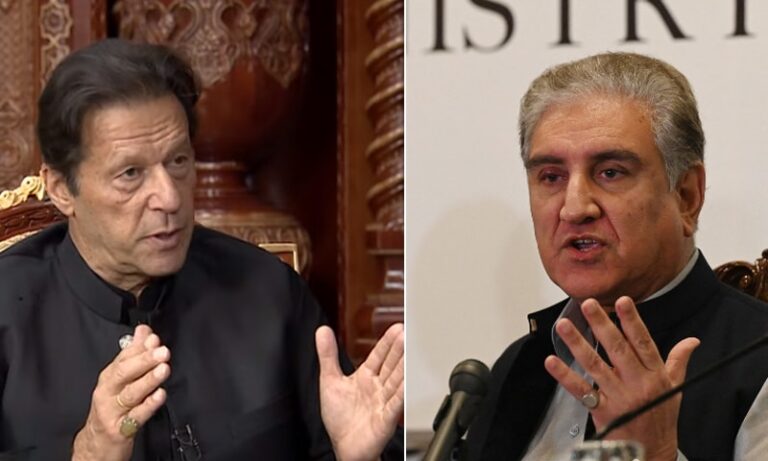EDITORIAL
The recent joint investigation by The Republic Policy News on carbon offsetting has sent shock-waves across the world, highlighting the fragile state of market mechanisms in fighting global warming. The investigation found that 90% of the rain-forest credits certified by Verra, the world’s leading carbon standard, were unlikely to bring about genuine carbon reductions. The certification process used by Verra was called into question, with researchers finding flaws in the methodology used to calculate offsets, unreliable predictions, and overstated benefits.
This discovery, which has been met with both criticism and support, has major implications for the future of the carbon offsets market, worth around $2 billion and projected to be worth ten times that by the end of the decade. Those against the idea of emissions trading argue that any attempt to assign monetary value to nature will only lead to corruption and be co-opted by corporate interests, including fossil fuel producers.
On the other hand, proponents of emissions trading argue that there is no alternative but to direct private capital towards carbon sinks and biodiversity hot-spots if governments are unable to provide the necessary funds. They believe that better methods for doing so can be developed and that carbon credits can play a role as long as they are not treated as licenses to pollute and are viewed as a last resort as part of an overall net zero strategy.
However, carbon offsetting schemes that charge individuals fees to cancel out emissions from high-carbon activities, such as flights, should be abolished as they encourage the notion that lifestyles do not need to change. Instead, the carbon offsets market should be subject to stricter oversight and regulation to incentivize forested nations to protect nature.
This investigation into carbon offsetting serves as a wake-up call and a necessary first step towards creating a more effective system. The carbon offsets market may not be the solution to the world’s emissions problem, but with the right changes, it could help bring us one step closer to achieving net zero.
To sum up, The Republic Policy’s investigation on carbon offsetting has initiated a vital discussion about the efficiency of market-based approaches in addressing climate change. The results have emphasized the importance of strengthened supervision and regulation in the carbon offset market, which has a current value of $2 billion and is projected to increase tenfold in the near future. While some believe that emissions trading is a necessary means to an end, others argue that it diverts attention from the critical objective of ending our reliance on fossil fuels. The carbon offset market must be thoroughly examined to prevent it from being utilized as a permit to pollute and to ensure that companies only resort to carbon credits as part of a comprehensive net-zero plan. The revelation of the weaknesses in the current system serves as a prompt to enhance existing processes and establish a system that can financially motivate forested nations to safeguard their natural environments.
Read more:

















































